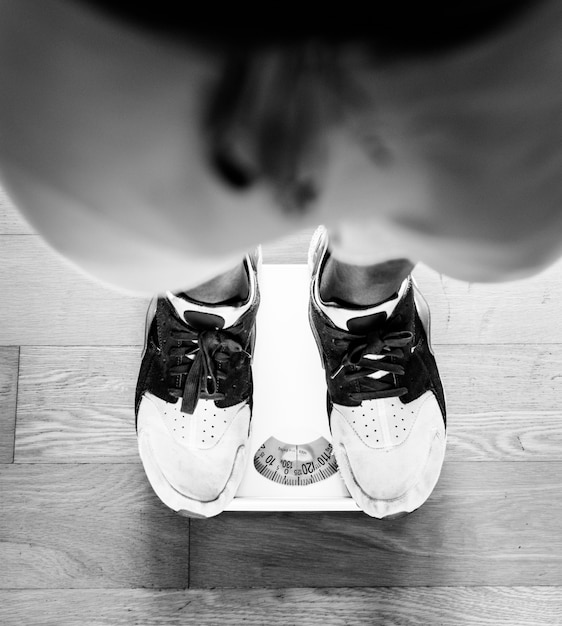
If you’re aiming to lose weight, you might think counting calories and eating less is the way to go. Well, not exactly, according to Terry Fairclough, a top personal trainer and co-founder of Your Body Programme. As a personal trainer, I’ve heard so many different opinions and questions about the best diet for weight loss. Should you count calories? How many should you eat? Is it better to go low fat, low carb, or high protein? Should you fast, or just eat small, regular meals three times a day?
Sure, a big calorie deficit will lead to weight loss, but it won’t necessarily result in fat loss, which is often the main goal. Many people think restricting calories drastically is the key to shedding pounds, especially before beach season. But while a calorie deficit can help you lose weight, it doesn’t always mean you’re losing fat.
These days, many people in the Western world tend to overeat, so a modest calorie deficit might be necessary since we often consume more than we need. But believing that under-eating is the only solution for weight loss is a mistake.
When you eat, your body breaks down carbs into glucose, which fuels your cells. If your body doesn’t need glucose immediately, it stores it in muscles and the liver as glycogen, a complex of glucose molecules. Each glucose molecule in glycogen is accompanied by two to three water molecules. When your body needs energy, especially if you’re not getting enough glucose from food, it converts glycogen back to glucose. Therefore, cutting calories often results in the loss of stored carbohydrates and water, not fat.
While it’s fat that most people want to lose, severe calorie restriction can make your body hold on to fat and break down muscle protein instead. Protein is crucial because it helps burn fat to fuel muscles even when you’re resting. That’s why it’s important to eat a balanced amount of calories that include fats, carbs, and protein.
If you’re trying to lose fat, cutting out fats completely is counterproductive. Fat is your body’s long-lasting and most efficient energy source, providing more than double the energy per gram compared to carbs or protein. Fats are stored within muscle fibers and used during exercise, whereas glycogen stores are limited. In other words, you need fat to fuel your workouts and stay in shape. Skipping fats can leave you without the energy necessary to burn unwanted fat.
Moreover, drastically cutting calories and essential nutrients can lead to deficiencies, impacting your immune, liver, and digestive systems, and slowing down your metabolism. Undereating can cause a range of health issues such as fatigue, malnutrition, osteoporosis, anemia, hormonal imbalances, and fertility problems.
Extreme calorie reduction also stresses your body, leading to the release of cortisol, a stress hormone. In the short term, cortisol can contribute to weight loss, but chronic stress with high cortisol levels pushes your body to store fat, especially around the belly, and may even slow your metabolism by breaking down protein.
Stress can also mess with digestion, making it hard to absorb essential nutrients, thus affecting your weight loss and fitness goals. Poor sleep, triggered by low blood sugar levels and adrenaline spikes, can further disrupt liver detoxification, immunity, and overall productivity, ultimately leading to weight gain.
Bodybuilding competitors, for example, often cut calories to get lean and then cycle back to higher intakes. However, many face health issues if they don’t manage this correctly. Constant calorie cutting can slow down your metabolism, making it hard to lose weight because your body starts storing fat to survive.
The key takeaway is to eat the right amount of calories, carbs, fat, and protein tailored to your body type, goals, activity level, height, weight, and age. My Your Body Programme helps people figure out their specific calorie needs. Eating enough of the right nutrients can rev up your metabolism and promote fat loss.
Make sure to include plenty of lean proteins such as beef, chicken, eggs, fish, as well as plant-based options like pulses, legumes, tofu, and tempeh if you’re vegan. Incorporate healthy carbs from fruit, vegetables, sweet potatoes, quinoa, brown rice, and whole wheat pasta, and don’t forget healthy fats from sources like avocados, nuts, seeds, olives, and olive oil.
Terry Fairclough is a co-founder of Your Body Programme, a personal trainer, and a nutritional therapist.